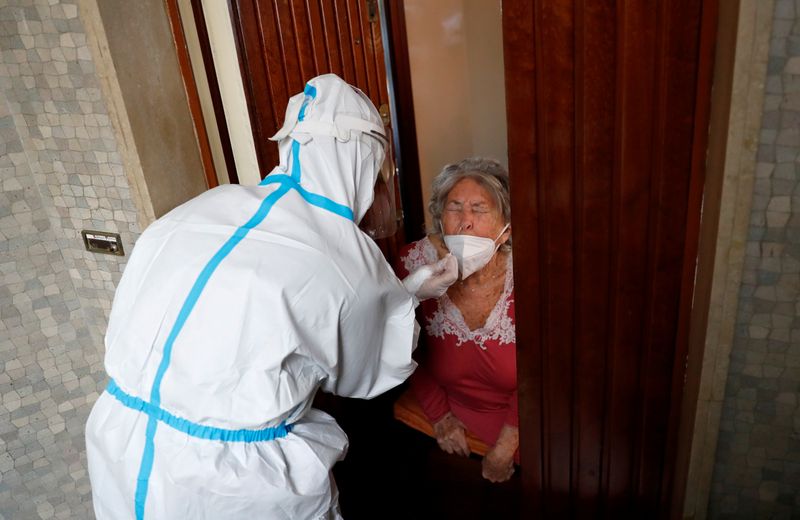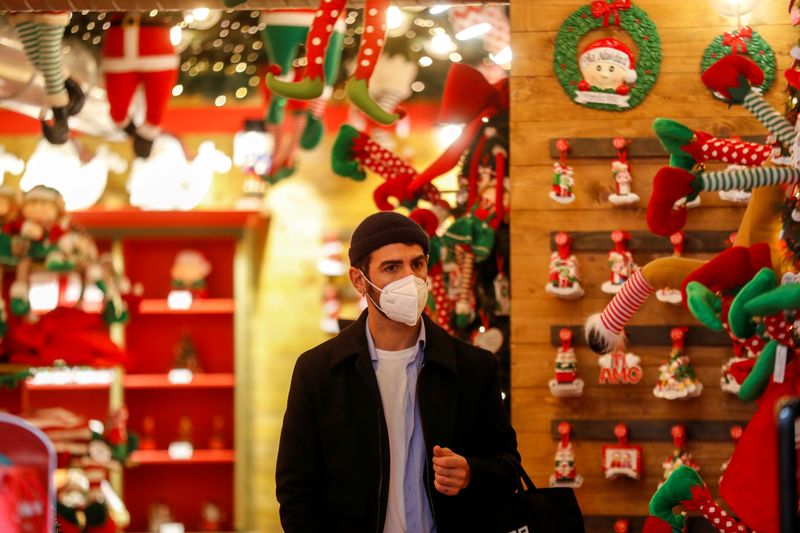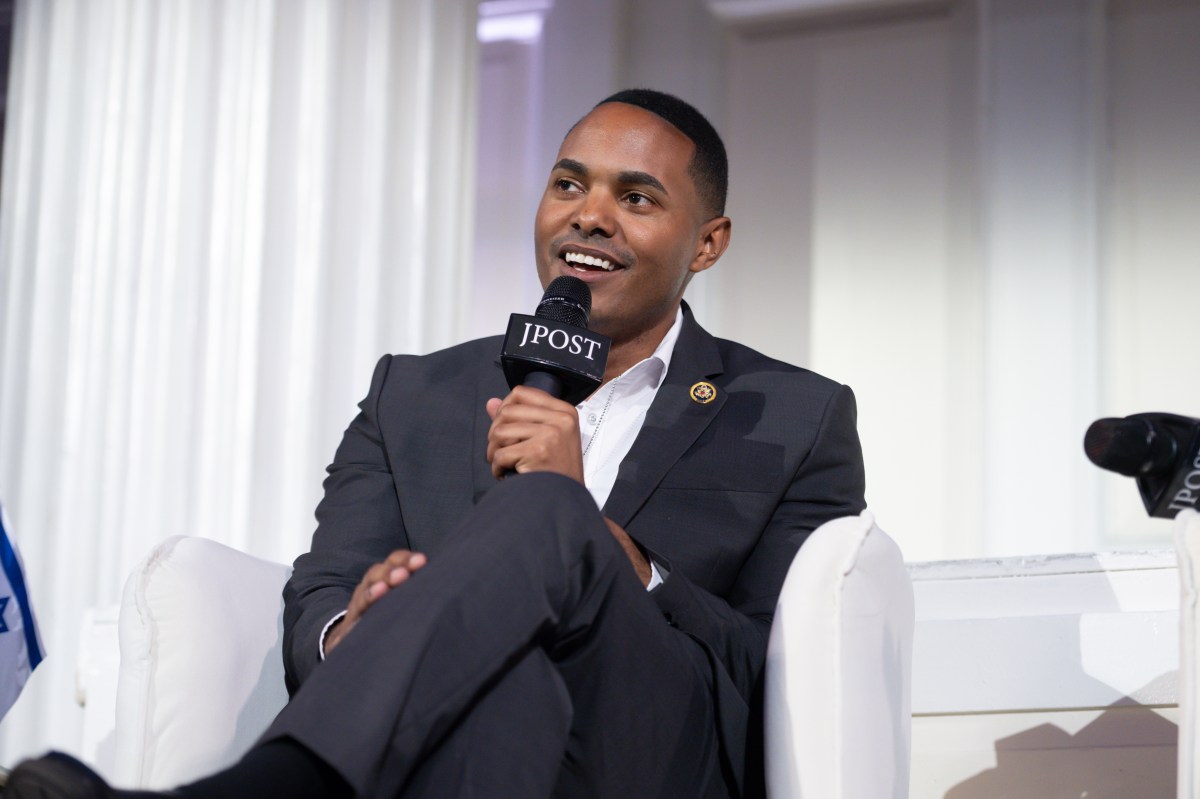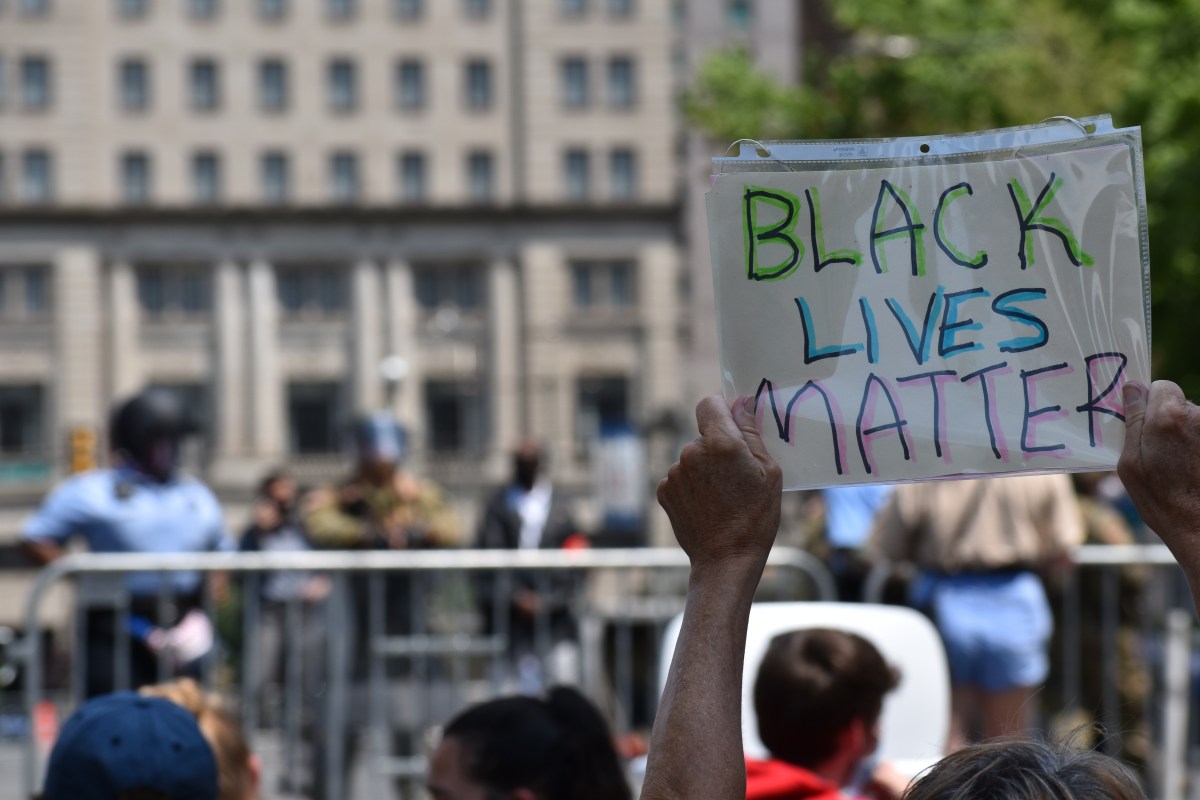ROME (Reuters) – More than half of Italians think it is right to give up personal freedom to protect public health, a survey said on Friday, suggesting the government’s curbs to fight the COVID-19 pandemic still have public support.
Some 57.8% of respondents accept that the government should decide “when and under what conditions they can leave their houses, what they can or cannot do, who they can see and where” to protect health, a survey by Censis research institute said.
The percentage is highest among young people, the survey showed, reaching a peak of 64.7% among those aged between 18 and 34.
During the summer, young people socialising in groups were widely blamed in Italy for a pick-up in infections after the government loosened restrictions imposed to contain its first wave of the pandemic in the spring.
Italy was the first Western nation hit hard by the virus and has suffered more than 58,000 fatalities since its outbreak emerged in February. Early in March, it was the first European country to enter a nationwide lockdown.
Some 79.8% of Italians were in favour of tough curbs at Christmas, according to the Censis survey, which was carried out before the government’s latest decree imposing new limitations over the holiday period.
On Thursday, Prime Minister Giuseppe Conte imposed a ban on midnight mass and on movements between towns on Christmas Day, Boxing Day and New Year’s Day, among other measures.
Around 77% of respondents said they were in favour of “severe punishment” for those who do not respect security measures such as wearing protective face masks and avoiding public gatherings.
Fear was the dominant emotion among Italians in 2020, the survey showed, with some 73.4% saying they felt anxious and scared.
(Editing by Gavin Jones and Timothy Heritage)























